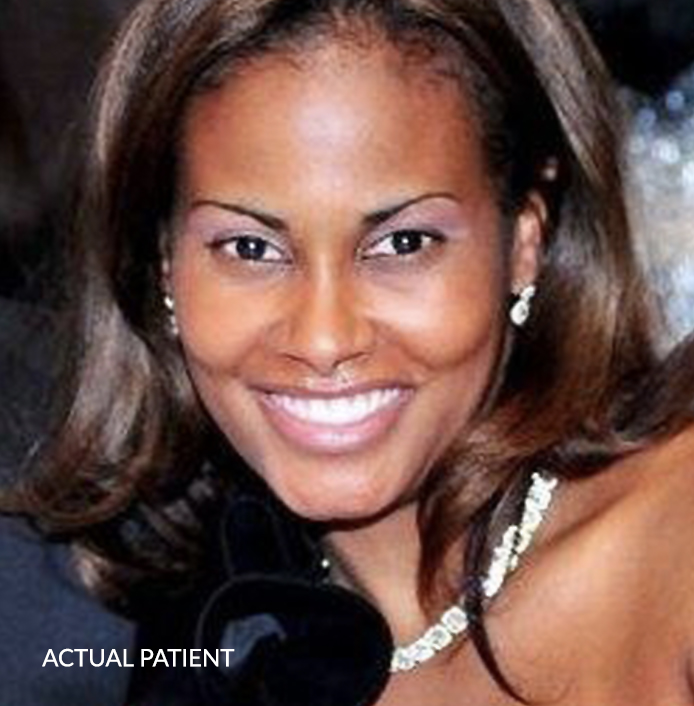Dental Emergencies
SOUTH CAPITOL SMILE CENTER, WASHINGTON DC
Do I need to see a doctor immediately, or can it wait until the morning?
If you are experiencing extreme pain, bleeding, swelling, a deep cut or a dislodged tooth (especially as a result of trauma), you should seek help immediately.
*Please note that most emergency rooms are not equipped to deal with dental emergencies and will most likely prescribe antibiotics and pain medication and refer you back to your dentist as soon as possible. You should know before problems arise what type of policy your dental provider has in place (do they see after hours/weekend patients on emergency basis, do they suture soft tissue, can they splint teeth, do they see pediatric emergencies)? If you know in advance, you could save yourself several hours of time and reduce the chance of multiple doctors visits.
If the entire tooth has come out of the mouth due to trauma (not a piece, but the root as well), DO NOT SCRUB OR AGGRESSIVELY CLEAN IT, AND SEE A DENTIST IMMEDIATELY. There is a chance the tooth can be reimplanted, splinted and saved if placed back in the tooth socket within 1-2 hours of displacement. The best places to store the tooth while in transport are: in the mouth (not advised if patient is a child, elderly or unable to follow commands and could swallow the tooth) or in a cup of milk. DO NOT ALLOW THE TOOTH TO DRY OUT.
The following typically do not constitute an emergency necessitating immediate treatment (unless pain/swelling/bleeding is present); however, attention in a timely manner is encouraged before the problem escalates:
- lost or broken filling
- dislodged/loose crown
- bleeding gums when you brush, floss or eat
- clicking of the TMJ (Temporomandibular joint), unless locking has occurred
- malodor when talking or chewing
- shifting of the teeth (unless teeth are actually “loose” and there is pain involved)
Notes to consider:
Most non-traumatic dental emergencies consist of people that have:
- Wisdom tooth/3rd molar pain
- Extreme decay extending into the nerve
- Fractured teeth due to broken fillings/severe decay
- Missed their regular dental visits and are unaware of a problem that has escalated
Please note that this information is generalized and only a visit with a licensed dental professional can ascertain the specific help you may need. Please contact our office for additional information.

